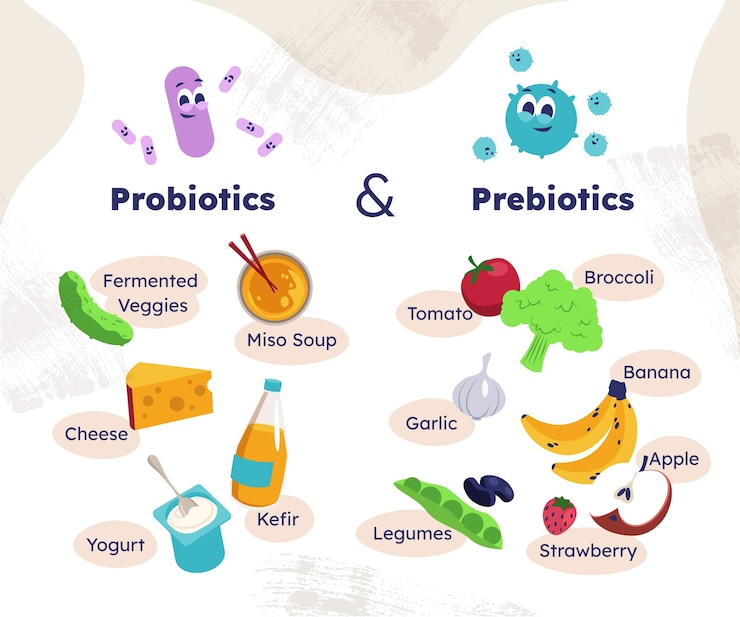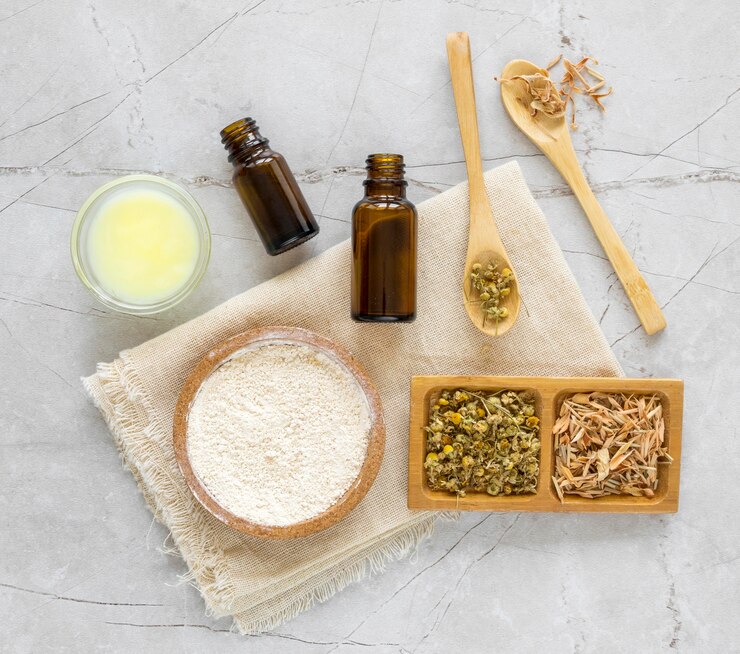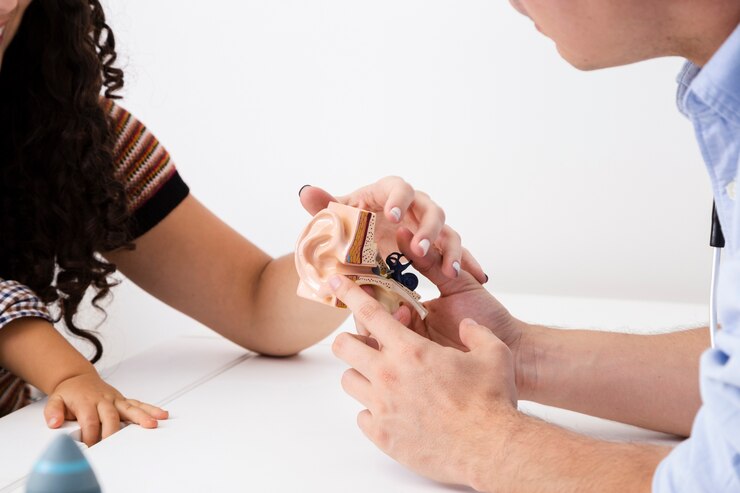
Research indicates that probiotics can notably enhance gut health, which in turn can have a positive impact on your skin in various ways. While there are other daily habits that affect your skin beyond probiotics, let’s focus on how probiotics specifically benefit skin health.
Healthy skin starts from the inside with good gut health.
**Benefits of Probiotics for Skin:**
It’s essential to understand that not all probiotics are the same, and some may cause reactions.
**Which probiotics are beneficial?**
– **Lactobacillus paracasei:** This probiotic can reduce skin sensitivity and strengthen the skin barrier. It also helps increase TGF-beta, which is crucial for skin integrity.
– **Lactobacillus longum:** Research suggests this probiotic enhances skin resistance to physical stress (like heat, cold, and wind) and chemical irritants (such as skincare products), while also reducing dryness.
– **Lactobacillus plantarum:** Known for its anti-bacterial and anti-inflammatory properties, this probiotic has been mostly studied for acne treatment. However, its ability to support skin hydration and sebum production looks promising for managing rosacea.
Taking probiotic capsules isn’t the only way to support your gut bacteria. Here are additional methods to boost your gut microbiome:
**Considerations about histamines:**
Keep in mind that certain probiotic strains can increase histamine production, a potential trigger for skin issues. Research shows a link between probiotics and histamine production. Conditions like rosacea can worsen due to histamines. However, strains like L. plantarum and L. longum can help break down histamines.
I personally noticed that many probiotics increased my histamine levels when my rosacea was moderate to severe, so I took a break from them. Although this histamine reaction is relatively rare, I switched to using S. Boulardii for gut health. This strain is a beneficial yeast and does not produce histamine. Read more about the supplements I used to manage my rosacea here; I still take some of them!
Reducing histamines in your diet and using natural supplements like quercetin, holy basil, milk thistle (found in our Joyous Detox and Joyous Rejuvenate tea), green tea, and nettle can also help. Our Radiance Tea includes both green tea and nettle, specifically formulated for healthy skin!
While lowering dietary histamines and taking herbs or supplements can offer temporary relief, improving overall gut health is crucial for effectively breaking down histamines.
As a side experiment, I mixed my Hella Hydrating serum with probiotic powder and applied it to my cheeks before bed. This combination left my skin feeling incredibly smooth and significantly reduced inflammation during rosacea flare-ups.
I hope this guidance is helpful!
**Reader interactions:**
– **Hi Joy! This was eye-opening for me since I took a six-month break from probiotics per my ND’s recommendation.**
I’m glad you found it informative. Your ND likely had good reasons for suggesting a break.
– **Great article, Joy, thanks! I visited Genuine Health, and they have several probiotic options. Which one do you use?**
I use the 15 billion advanced gut health probiotics and also take S. Boulardii from AOR daily. Hope that helps!
– **Hello Joy, thanks for the article. How long should I take probiotics to notice their benefits?**
Since everyone is different, it’s hard to pinpoint a timeframe. However, making lifestyle changes like adjusting your diet and managing stress should lead to positive changes within a few weeks. Let me know more about your specific skin concerns, and I can offer more advice.
– **Thanks for your reply, Joy. My face has become a bit more sensitive and sometimes itchy. Could it be from histamines due to daily probiotics?**
Hi Karen! Are you typically sensitive to histamines? Try removing histamine-rich foods from your diet for a week to see if it helps. Some probiotics might also trigger histamine production.


